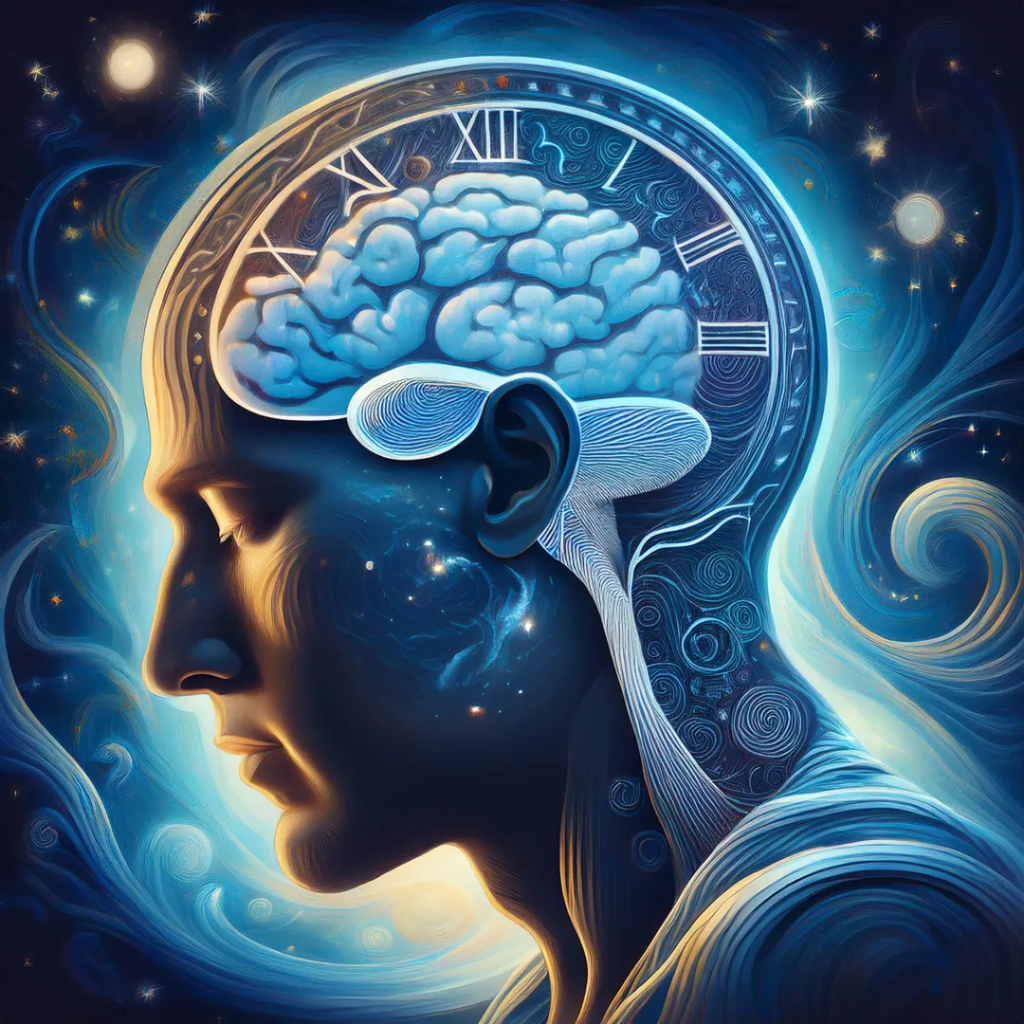- 01203134207
- +91-8750054466
- +91-8123018558
- +91-8095555997
Understanding the Link Between Sleep and Mental Health: A Body Clock Perspective
Sleep is often regarded as a luxury, something we can sacrifice in our busy lives. However, its importance goes far beyond mere rest; it plays a crucial role in our mental health and emotional well-being. Understanding the connection between sleep and mental health from a body clock perspective can help us prioritize better sleep habits and improve our overall quality of life.

The Science of the Body Clock
The body clock, or circadian rhythm, is a natural, internal process that regulates the sleep-wake cycle and other physiological processes. This rhythm is influenced by external cues such as light and temperature and follows a roughly 24-hour cycle. Disruptions to this cycle can significantly affect our sleep quality and, subsequently, our mental health.
- Circadian Rhythm and Sleep Patterns
- Our bodies have a natural tendency to feel awake during the day and sleepy at night. This pattern is primarily driven by the production of melatonin, a hormone that regulates sleep. Light exposure, especially blue light from screens, can inhibit melatonin production and disrupt our natural sleep-wake cycle.
- Sleep Stages and Mental Health
- Sleep consists of multiple stages, including REM (rapid eye movement) and non-REM sleep. REM sleep is particularly important for cognitive functions such as memory consolidation, emotional regulation, and creativity. Insufficient REM sleep can lead to mood disturbances and impair our ability to process emotions.
The Bidirectional Relationship Between Sleep and Mental Health
- Impact of Sleep on Mental Health
- Quality sleep is essential for mental health. A lack of restorative sleep can exacerbate symptoms of anxiety, depression, and other mental health disorders. Sleep deprivation can lead to irritability, mood swings, and difficulty concentrating, which can further strain relationships and overall quality of life.
- Impact of Mental Health on Sleep
- Conversely, mental health issues can disrupt sleep patterns. Conditions such as anxiety and depression often lead to insomnia or fragmented sleep. This creates a vicious cycle where poor mental health leads to poor sleep, which in turn worsens mental health.
Strategies for Improving Sleep and Mental Health
- Establish a Consistent Sleep Schedule
- Going to bed and waking up at the same time every day helps regulate your body clock, improving sleep quality. Aim for 7-9 hours of sleep per night, as recommended by health experts.
- Create a Sleep-Inducing Environment
- Your bedroom should be a sanctuary for sleep. Keep it cool, dark, and quiet. Consider investing in a quality mattress from Restolex that supports your sleep posture and comfort needs.
- Limit Exposure to Screens Before Bed
- Reducing screen time in the hour leading up to sleep can help your body produce melatonin naturally. Instead, engage in calming activities like reading or practicing mindfulness.
- Incorporate Relaxation Techniques
- Practices such as deep breathing, meditation, or yoga can help calm your mind and prepare your body for restful sleep. These techniques not only promote relaxation but also reduce anxiety and stress levels.
- Prioritize Physical Activity
- Regular exercise can enhance sleep quality and reduce symptoms of anxiety and depression. Aim for at least 30 minutes of moderate physical activity most days of the week, but try to avoid vigorous exercise close to bedtime.
- Mind Your Diet
- What you eat can impact your sleep quality. Avoid large meals, caffeine, and alcohol before bed. Instead, consider a light snack that promotes sleep, such as a banana or a small bowl of oatmeal.
Conclusion
Understanding the link between sleep and mental health from a body clock perspective reveals the critical role that quality sleep plays in our emotional and psychological well-being. By prioritizing healthy sleep habits, we can break the cycle of poor sleep and mental health, leading to a more balanced and fulfilling life.
At Restolex, we believe that a good mattress is the foundation of restorative sleep. Investing in your sleep environment is an essential step toward nurturing your mental health. Remember, better sleep equals better mental health, and your journey to wellness begins with a good night’s rest. Embrace the power of sleep to enhance your life—your mind and body will thank you!
Take the first step toward better sleep and improved mental health today. Explore our premium range of mattresses at Restolex or call us at 01203134207 to find the perfect match for your needs.
Newsletter Sign Up
Join our community to receive exclusive updates, sleep tips, and special offers directly in your inbox. Stay informed and be the first to know about our latest products and promotions.

Contact Us
- 9/1, Ashokapuram, Industrial Suburb, Yeshwanthpur, Bengaluru-560022, India
-
care@restolex.com
Orders@restolex.com
Support@restolex.com -
+91-8750054466
+91-8123018558
+91-8095555997
